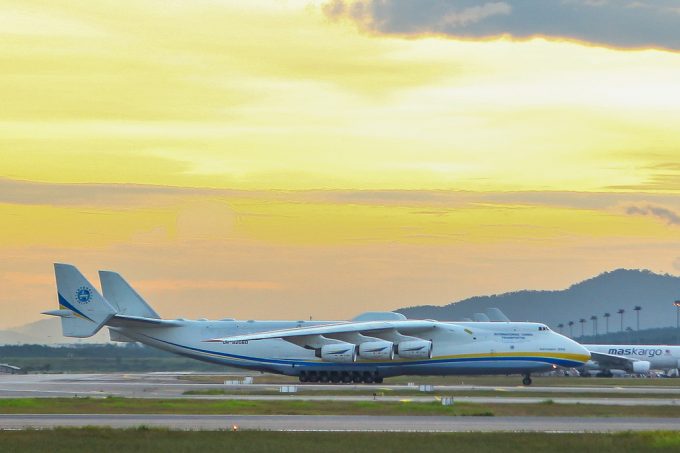Russia eyes African markets but pleads for fair treatment of aircraft
Russia is hoping to develop ties with African countries, including in airfreight, but has concerns ...

Antonov Airlines is not enjoying watching the current struggles of its former partner, Volga-Dnepr, in a market that has been soft for everyone in the oversized cargo industry.
Volga-Dnepr said last month it was grounding two AN-124s. But that will have no real impact, said Amnon Ehrlich, director ...

Comment on this article